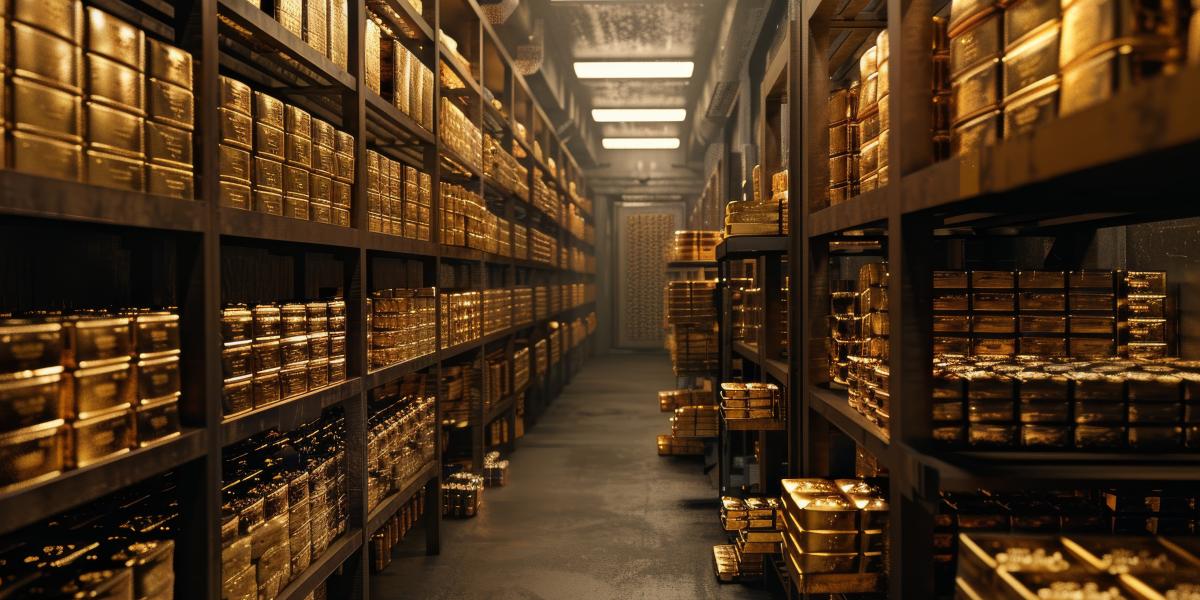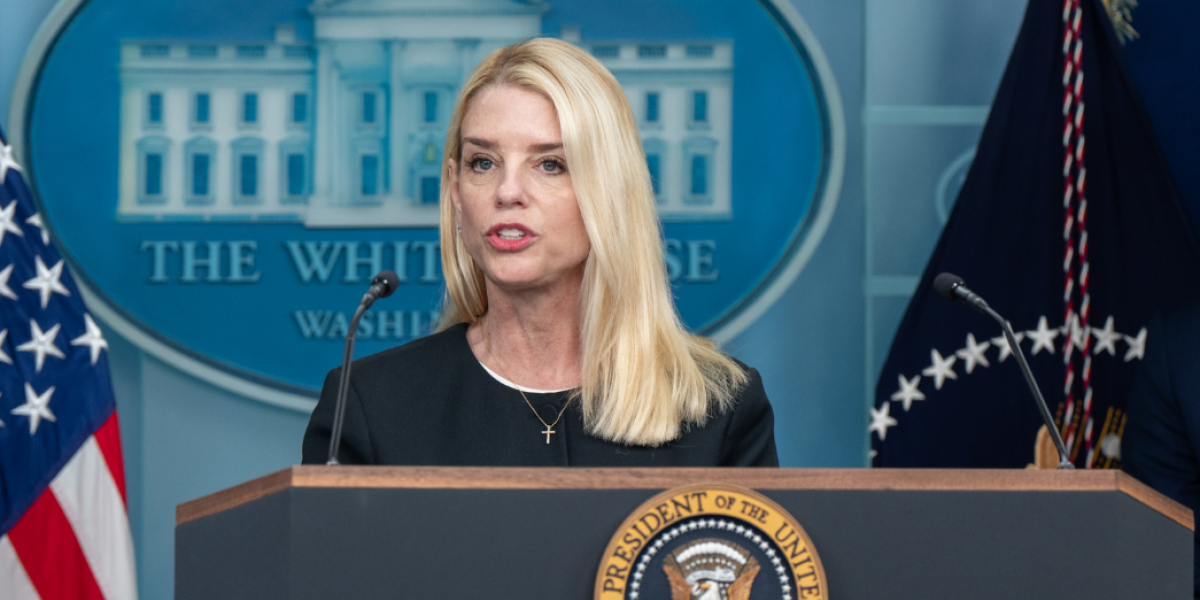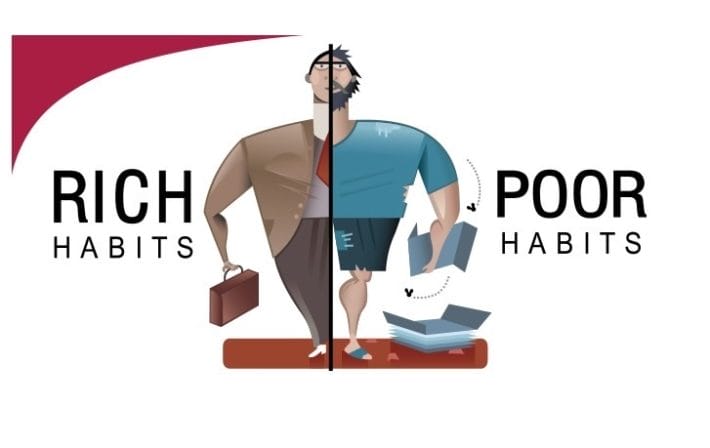Why all the additional provisions? Generally, trade agreements promote trade liberalization, which can have numerous positive effects, including fostering long-term economic growth, increasing foreign investment, and even initiating positive institutional change. Economist Russell Sobel argues that trade openness is a critical first mover in improving economic freedom. Liberalizing trade and improving economic freedom can reduce corruption or generate moral behavior. Corruption reduction could emerge from formal institutional changes (e.g., laws and legislation) or informal ones emerging from increased business with a less corrupt country.
Beginning in 2004 with the US-Morocco Free Trade Agreement, the United States started including provisions in its free trade agreements to promote transparency and combat corruption. These measures require trading partners to criminalize both active and passive bribery. In 2015, the European Union argued that free trade agreements should include anti-corruption provisions. Amy Fuentes claims that including anti-corruption provisions in trade agreements could effectively reduce demand-side corruption when foreign firms or officials instigate the solicitation of bribes.
While several positive effects can result from increased free trade, corruption may hinder free trade and economic growth in developing countries. Global bribery costs are estimated to be one trillion dollars, or five percent of global GDP annually. Corruption affects economic growth and development in both the short and long term. In the short term, it might facilitate economic transactions that wouldn’t happen otherwise by “greasing the wheels.”
Jac Heckelman and Benjamin Powell argue that where economic freedom is the most limited, corruption allows entrepreneurs to generate growth by avoiding policies and regulations (i.e., bribing the right people to get things done). Corruption of this type may be beneficial when the size of the government is a significant portion of the overall economy and there are excessive regulations. However, as nations progress, corruption leads to various inefficiencies and can hinder long-term economic growth, acting as “sand in the wheels.”
Michael Munger argues that there is a “political Coase theorem” at work where corruption can lower transaction costs to improve efficiency, given poor economic institutions. Munger argues that public officials will not give up their positions of power, nor rents that provide benefits to themselves, for an uncertain collective benefit from eliminating the corrupt systems in place. Thus, Munger concludes that “corruption is neither efficient nor irrational; it is the result of a pervasive transitional gains trap.” Gordon Tullock explains that once rent-seeking activity occurs, the rents become capitalized over time, so that removing the policy that created them will impose costs on those who currently benefit from them. Thus, corrupt officials cannot anticipate how improving economic institutions will enhance their well-being when it means giving up the rent from corruption, leading to Tullock’s trap.
Omer Gokeekus and Yui Suzuki found evidence that increased trade openness between the European Union and African countries, facilitated through the Cotonou Partnership Agreement, mitigates corruption. This agreement predates the European Union’s use of corruption clauses.
“We examine whether corruption is different between Latin American countries that enter into a trade agreement with the United States compared to those that do not.”
What about other parts of the world? In our recent paper with Taylor Crawford, we investigate the effect of trade agreements with the United States on corruption in Latin American countries. The United States currently has regional or free trade agreements with 20 countries worldwide, 11 of which are located in Latin America. Latin American countries have a history of volatile and corrupt regimes, and combined with the high number of trade agreements between the United States and Latin America, the region is worth studying. We examine whether corruption is different between Latin American countries that enter into a trade agreement with the United States compared to those that do not.
Anti-corruption measures between the United States and foreign countries are not a new phenomenon. In 1977, Congress passed the Foreign Corrupt Practices Act (FCPA). The FCPA focuses on prosecuting U.S. businesses that pay bribes to foreign officials. It distinguishes between “corrupt payments” and “facilitating payments” such that payments to foreign officials to secure permits or licenses may not be subject to penalty. In addition, it does not cover foreign officials who attempt to solicit bribes.
The limits of the FCPA are one reason some argue that including transparency and anti-corruption provisions in free trade agreements could effectively prevent demand-side corruption. In 2004, the United States was the first to include anti-corruption measures directly into its trade agreements, and the European Union and Canada quickly followed.
Anti-corruption provisions require countries to change their laws to address the treaty’s requirements. Formal laws and legislation, what Gerard Roland refers to as fast-moving institutions, can be changed quickly by centralized decision-makers. However, the issue with the inclusion of anti-corruption clauses is enforcement. Frank Brown and Amy Fuentes note that enforcement is at the will of the foreign country and that many Latin American countries have exerted little effort in enforcement.
On the other hand, slow-moving institutions, such as customs and norms, are continuously evolving. Peter Boettke, Christopher Coyne, and Peter Leeson argue for institutional stickiness: if formal institutions are going to be effective, then informal institutions must underlie the formal institutional arrangements. Thus, formal anti-corruption laws must be consistent with the informal institutions and culture of corruption to be effective.
When combining the areas of free trade and corruption, the issue that emerges is whether having a trade agreement where transitional gains traps (like those explained by Tullock) exist can lower the transaction costs enough to reduce corruption. Can the presence of a trade agreement encourage moral behavior, reward virtues, and make us ethically better people, as Langrill and Storr and McCloskey contend? Does participating in a trade agreement with the United States lead to a reduction in corruption over time?
Our results contradict the hypothesis that entering into a trade agreement with the United States reduces corruption in Latin American countries. Trade agreements with anti-corruption clauses appear to increase corruption as measured by the International Country Risk Guide and Global State of Democracy corruption measures. Upon examining the subcomponents of these corruption indexes, it appears that bribery within the executive branch may be the primary driver. Given that the anti-corruption clauses in question specifically address bribes, they may not have the intended effect.
These findings seem consistent with Richard Epstein’s argument that simple rules are better than complex rules for promoting markets. When the United States attempts to add formal rules through trade agreements, these countries may be unable to enforce them, leading to more corruption to avoid the complexity. It also seems consistent with Holcombe and Boudreaux that more regulation increases corruption. To the extent that the anti-corruption clauses lead to the creation of regulations to combat corruption, they could have the opposite effect. Thus, while trade can increase economic growth and freedom and improve economic institutions, requiring countries to create complex rules via trade agreements may dampen some of these otherwise positive economic effects.
For more on these topics, see
Additionally, if anti-corruption clauses are not reducing corruption, then the transaction costs of negotiating these clauses (as well as other provisions, such as environmental regulations) into trade agreements could be high, relative to focusing solely on increasing free trade. Public Choice has, unfortunately, been largely overlooked by those studying Latin America. The role of governments in attempting to prevent corruption through trade, while ignoring the rent-seeking and transitional gains traps related to corruption, is only one possible application of where we may be asking too much from trade agreements.
Footnotes
[1] Henderson, D.R. (2019). NAFTA 0.0: Why the USMCA is a bad agreement. Hoover Institution.[2] Aaronson S.A. & Chauffour, J-P. (2011). The Wedding of Trade and Human Rights: Marriage of Convenience or Permanent Match? World Trade Organization.[3] Sobel, R. S. (2017). The rise and decline of nations: thadvocated that free trade agreements should include provisions addressing anti-corruptione dynamic properties of institutional reform 1. Journal of Institutional Economics, 13(3), 549–574.[4] Taylor, C.O. (2009). Of Free Trade Agreements and Models. Indiana International and Comparative Law Review, 19(3), 569–609.[5] Jenkins, M. (2018). Anti-corruption and transparency provisions in trade agreements. Transparency International. [6] Fuentes, A. N. (2016). How Free Trade Agreements Can Improve Anti-Corruption Enforcement: A Case Study of the United States and Colombia. Public Contract Law Journal, 45(3), 479–498.[7] Ibid.[8] Heckelman, J. C., & Powell, B. (2010). Corruption and the institutional environment for growth. Comparative Economic Studies, 52(3), 351–378.[9] Ibid.[10] Méon, PG., & Sekkat, K. (2005). Does corruption grease or sand the wheels of growth? Public Choice. 122, 69–97.[11] Munger, M. C. (2019). Tullock and the welfare costs of corruption: there is a “political Coase Theorem”. Public Choice, 181(1), 83–100.[12] Ibid, p. 99.[13] Tullock, G. (1975). The Transitional Gains Trap. The Bell Journal of Economics, 6(2), 671–678.[14] Gokcekus, O., & Suzuki, Y. (2013). Trade with the EU Reduce Corruption in Africa? Journal of Economic Integration, 28(4), 610–631. [15] Calcagno, P., Crawford, T., & Maldonado, B. (2024). Do U.S. Trade Agreements Affect Corruption in Latin America? A Difference in Difference Analysis. Public Finance Review, 52(6), 826-861. [16] Fuentes, A. N. (2016). How Free Trade Agreements Camend their laws to comply withan Improve Anti-Corruption Enforcement: A Case Study of the United States and Colombia. Public Contract Law Journal, 45(3), 479–498.[17] Lejárraga, I., & Shepherd, B. (2013). Quantitative evidence on transparency in regional trade agreements.[18] Roland, G. (2004). Understanding institutional change: Fast-moving and slow-moving institutions. Studies in comparative international development, 38(4), 109–131.[19] Brown, F. (2014). The Role of International Trade Agreements in Fighting Corruption. Center for International Private Enterprise: Anti-Corruption & Governance Center.[20] Fuentes, A.N. (2016), as above.[21] The typical language used in these FTAs is under the article Ensuring Integrity in Procurement Practices, and reads as follows: “Further to Article 19.9 (Anti-Corruption Measures), each Party shall establish or maintain procedures to declare ineligible for participation in the Party’s procurements, either indefinitely or for a stated period of time, suppliers that the Party has determined to have engaged in fraudulent or other illegal actions in relation to procurement. On the request of a Party, the Party receiving the request shall identify the suppliers determined to be ineligible under these procedures, and, where appropriate, exchange information regarding those suppliers or the fraudulent or illegal action.”[22] Roland, G. (2004). Understanding institutional change: Fast-moving and slow-moving institutions. Studies in comparative international development, 38(4), 109–131.[23] Boettke, P.J., Coyne, C.J. & Leeson, P.T. (2008), Institutiona, while ignoring the rent-seeking and transitional gains traps related to corruption,l Stickiness and the New Development Economics. American Journal of Economics and Sociology, 67: 331-358.[24] Langrill, R., & Storr, V. H. (2012). The moral meanings of markets. Journal of Markets and Morality, 15(2).[25] McCloskey, D. N. (2006). The Bourgeois virtues: Ethics for an age of commerce. University of Chicago Press.[26] The PRS Group (n.d.) The International Country Risk Guideimpose formal rules through trade agreements, these countries may be unable to enforce them, leading to increased corruption as a means of avoiding.[27] International IDEA (n.d.) The Global State of Democracy Initiative. [28] Epstein, R. A., (2009). Simple rules for a complex world. Harvard University Press.[29] Holcombe, R. G., & Boudreaux, C. J. (2015). Regulation and corruption. Public Choice, 164(1), 75–85.[30] Bastos, J-P., & Cachanosky, N. (2025). “Welcome to Public Choice in Latin America.” Substack: Public Choice in Latin America.


























